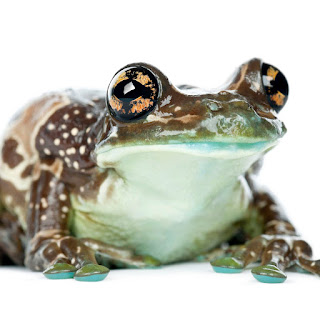WORLD WILDLIFE DAY 2020
MARCH 3, 2020
The incalculable value of wildlife
The animals and plants that live in the wild have an intrinsic value and contribute to the ecological, genetic, social, economic, scientific, educational, cultural, recreational and aesthetic aspects of human well-being and to sustainable development.
World Wildlife Day is an opportunity to celebrate the many beautiful and varied forms of wild fauna and flora and to raise awareness of the multitude of benefits that their conservation provides to people. At the same time, the Day reminds us of the urgent need to step up the fight against wildlife crime and human-induced reduction of species, which have wide-ranging economic, environmental and social impacts. Given these various negative effects,
Sustainable Development Goal 15 focuses on halting biodiversity loss.
Sustaining all life on Earth
The theme of World Wildlife Day 2020, “Sustaining all life on Earth”, encompasses all wild animal and plant species as a component of biodiversity, as well as the livelihoods of people, especially those who live closest to the nature. This aligns with UN Sustainable Development Goals 1, 12, 14 and 15, and their wide-ranging commitments on alleviating poverty, ensuring sustainable use of resources, and on conserving life both on land and below water to halt biodiversity loss.
Earth is home to countless species of fauna and flora – too many to even attempt counting. Historically, we have depended on the constant interplay and inter linkages between all elements of the biosphere for all our needs: the air we breathe, the food we eat, the energy we use, and the materials we need for all purposes. However, unsustainable human activities and over exploitation of the species and natural resources are imperiling the world’s biodiversity. Nearly a quarter of all species are presently at risk of going extinct in the coming decades.
The year 2020, known as “biodiversity super year,” will host several major global events that place biodiversity at the forefront. It provides a unique opportunity to deliver transformative progress for the conservation and sustainable use of the species of wild animals and plants.
Get involved
Share what you've learned with your friends and family.
Spread the word, especially to children and youth. They are the future leaders of wildlife conservation and they deserve a future where we humans live in harmony with wildlife that share the planet with us.
Remember to use the hashtags #WorldWildlifeDay #WWD2020 #SustainingAllLife #Biodiversity2020 #SustainableUse







